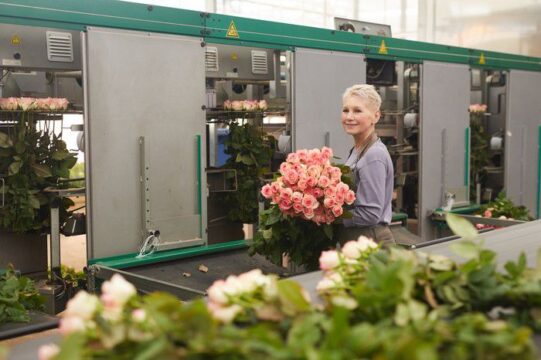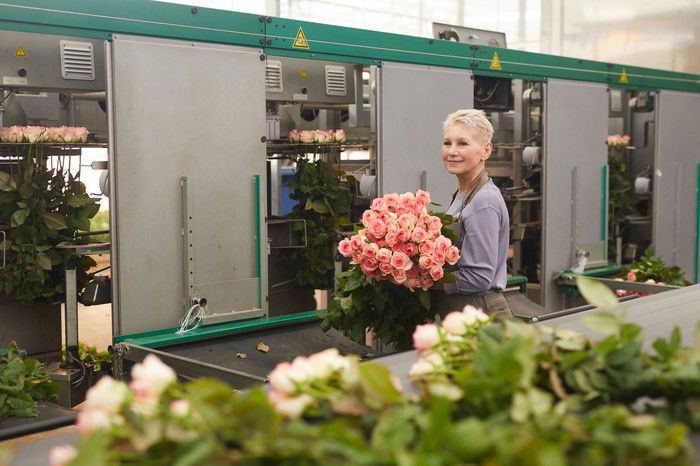
The COVID-19 crisis is making Americans rethink their retirement plans and alter the way they save for it. Specifically, 14% have decreased their retirement plan contributions, according to a new survey by TD Ameritrade, and 15% have already delayed retirement altogether.
Realizing they may now retire with less money than expected, 51% of Americans are also gearing up to compensate for an income shortfall by looking for a job to hold down during their senior years. And here are a few reasons why it pays to do the same, even if you’re not particularly worried about COVID-19’s impact.
1. You’ll buy yourself more financial flexibility
Being limited to a fixed income could put you in a situation where you have to spend very judiciously. In fact, some seniors are afraid to spend money in retirement, knowing they’re out of options for earning more. The beauty of having a job as a senior is that you’ll continue boosting your income, paving the way to less financial stress and more flexibility. Rather than be fearful of spending $2,000 on a vacation, for example, you might eagerly book that trip knowing you can always pick up a few more shifts at work in the coming months to compensate.
2. You’ll avoid spending money out of boredom
Once your main career comes to a close, you’ll need something to do for entertainment — sitting home all day watching TV just isn’t healthy. And while you may find some opportunities to stay occupied for free, chances are, you’ll need to spend some money to keep appropriately busy. On the other hand, if you fill a number of your waking hours with a job, you’ll be occupying your time without spending a dime (other than perhaps the cost of getting to and from whatever part-time job you take on).
3. You might help stave off depression
Retirees are 40% more likely to suffer from depression than workers, and part of that boils down to not having a purpose or missing a structured schedule. Holding down a job as a senior could work wonders for your mental health, which could, in turn, protect your physical health, since they’re clearly linked.
Right now, a lot of people may be making plans to work during retirement because of the impact of COVID-19. But even if the pandemic doesn’t directly affect your retirement — say, you’re young enough for your savings to regain lost value over time — it still pays to consider working later in life. The best part? You don’t necessarily have to resign yourself to a boring desk job. Once the pandemic ends and the gig economy opens back up, you may find that there’s ample opportunity to pursue jobs that keep you engaged. You might, for example, start teaching music lessons, caring for other people’s children or pets, or moonlighting as a gardener if you have a green thumb, so don’t assume that holding down a job in retirement won’t be a pleasant, rewarding experience.

